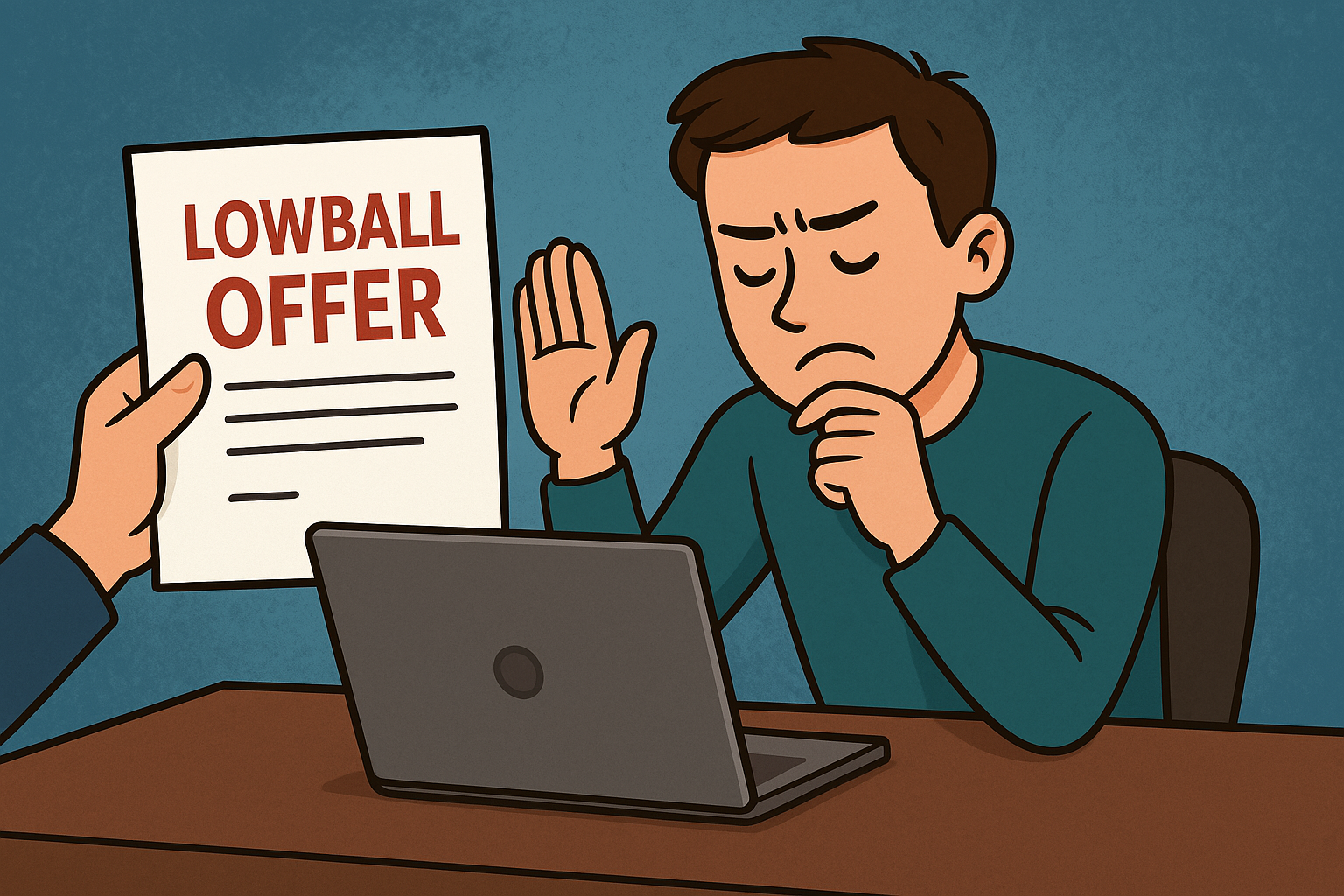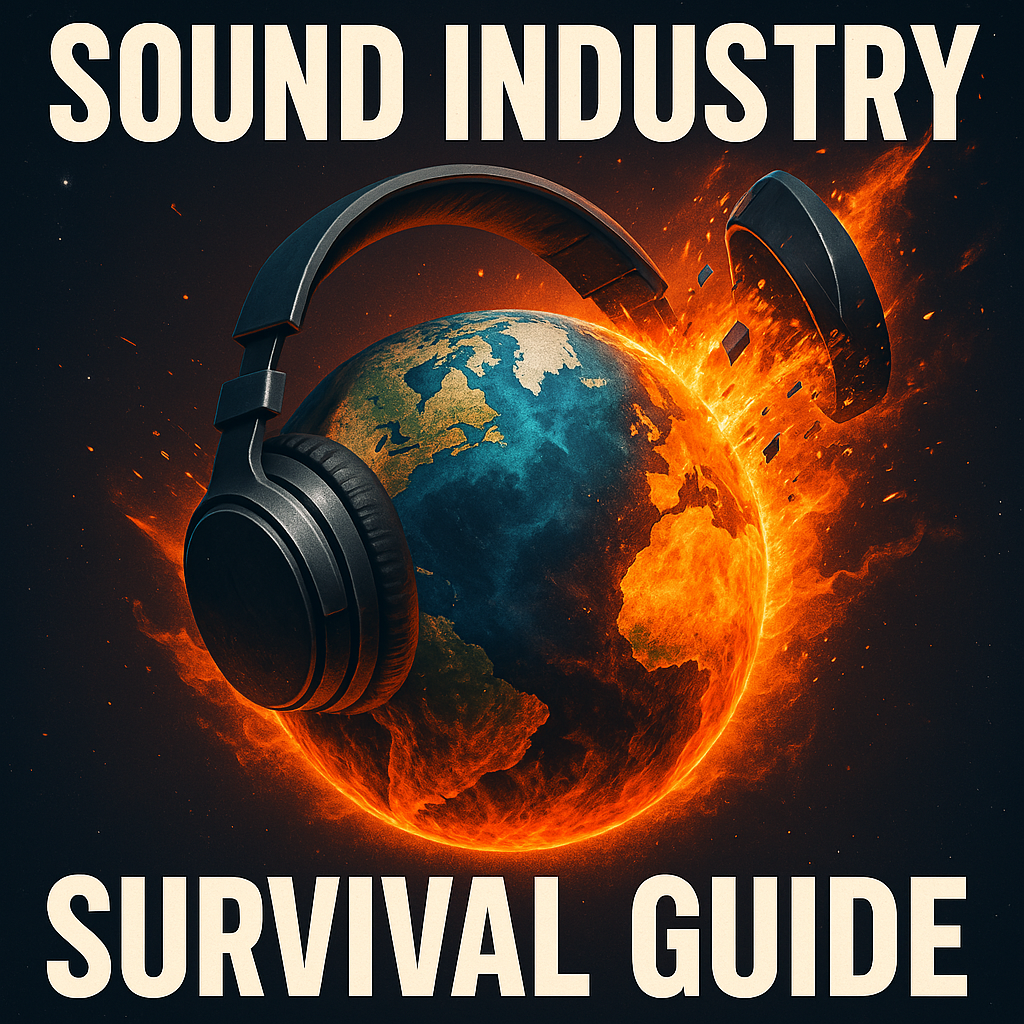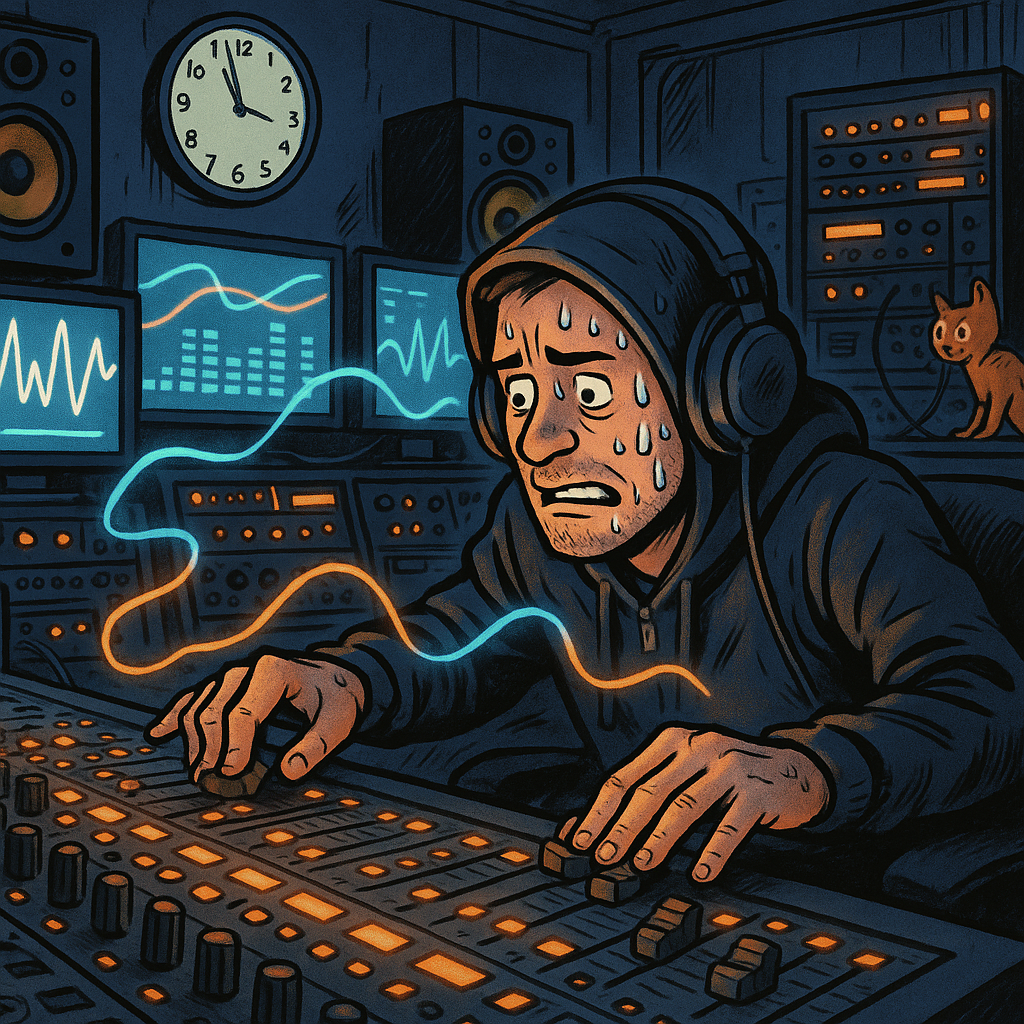Well, we’re here. We made it to the end of the world. LA nearly burnt down, eggs might soon cost more than a Toyota Corolla, and I just read that a fungus has been labeled an “urgent threat” to humanity. Cool!
With that said, let’s focus on a slightly more manageable challenge, making a living in sound for the creative industries.
When I first started in sound, I had big dreams! Visions of red carpets, hanging with rockstars, and partying with supermodels. It took just a few months for those dreams to shift into something far more modest. Living in an apartment without OECA violations, eating spaghetti out of a box instead of a can, and hoping the washing machine wouldn’t eat my last quarter again.
It was a hard time, but I made it through. I had a lot of support from friends and family, and that made all the difference.
Fast forward to today, and the industry is still recovering from a pandemic, from strikes, from the chaos of studios trying (and mostly failing) to launch their own streaming services. The result? A lot of talented creatives out of work and a film and advertising industry running on fumes.
But weirdly enough, my era of canned spaghetti taught me some of the most important lessons of my life. These are the lessons that helped me survive, and eventually thrive, through some seriously uncertain times. I call them my...
10 Rules of Survival
1. Use Your Network

I get it, building a network takes time, and you might already be feeling the pressure. But you’re not starting from zero. Open your phone, scroll through your email, check your social media. Reach out to people. Ask them if they know anyone who needs help.
And remember, as the great Alex Hormozi says, “If they follow you, they gave you permission.” Just make sure you return the favor when someone in your network needs you.
2. Think Outside the Box

If you're struggling to find work, broaden your scope. Sound is needed in more places than you think: TV, film, animation, games, apps, podcasts, advertising, corporate events, live shows, teaching, law enforcement, military, adult content, audiobooks, churches, science labs... seriously, the list is endless.
You are needed. You have value.
3. Don’t Take Lowball Offers Just to Stay Busy

It’s tempting when you need the paycheck. But taking underpaid gigs doesn't solve your financial problems—it just delays them.
Set your rate based on what you need, what the client needs, and the value you bring. And trust me, that value is way higher than you think.
4. Create

If you’re not on set or in the studio, you’ve just been gifted time to create for yourself. Remember why you got into this in the first place? You’re an artist.
Now is the time to flex that muscle again. Make something. Anything. It’s meditative. It rebuilds your creative brain. It may even open doors to new connections, collaborations, and directions you haven’t yet considered.
Bonus: Share it on social media—it’s free self-promotion.
5. Keep Learning

When I started in TV, I had just come off working with an artist who won a Grammy for Album of the Year. I felt untouchable. Then I walked into a gig mixing a poker TV show and realized I had no clue what I was doing.
If you’ve got a little ego about your skills (and hey, we all do), try shadowing someone in a different sound field. You’ll learn quickly how much more there is to know.
Example: Sound for games? That’s one part field recordist, one part editor, and one part software engineer. There’s always more to learn.
6. Make a Compelling Offer

Feeling like an imposter? Wondering why someone would hire you over someone else with more X,Y or Z?
Make a compelling offer. Position yourself in a way that makes the decision easy.
Think about your unique value whether it’s your sound library, your vibe, your ear, or (yes) even your aunt’s secret recipe cookies you bring to meetings. Structure your offer so that saying yes feels like a no-brainer for your client.
7. Pick Something Else (Temporarily)

Don’t panic, I’m not saying quit. The industry needs you. But if work is dry right now, you still need to eat. You still have responsibilities.
I once worked for six months at a studio for free, and flipped burgers at McDonald's at night just to afford the opportunity. Survival isn’t always glamorous. There’s no shame in doing what you need to do.
8. Use Uncle Sam

Speaking of survival, file for unemployment when you need to.
In our industry, freelance and contract work is the norm, and there will be downtime. Don’t let pride keep you from getting the help that you’ve already paid into. It’s standard practice in entertainment, even if people rarely talk about it.
9. Look Internationally

There are creative hubs all over the world, and many of them would be lucky to have you. It helps if you speak the local language, but it’s not always necessary as English is widely spoken across the globe. You’d be surprised how many opportunities exist outside your immediate area.
10. Learn to Use Social Media (Especially LinkedIn)

Little-known fact: LinkedIn’s search works just like Google.
You can use advanced searches to find people, companies, or hiring managers directly. Try combinations like:[Company Name] + [Job Title] or [Project Type] + [Location]
You’ve got a free, powerful networking tool in your pocket. Use it.
Final Thoughts

It’s rough out there right now, but you’re not alone. This industry has always had its ups and downs, but the creatives who keep going, keep learning, and keep showing up? They’re the ones who thrive in the long run!
The Creative Arts never die, they just change outfits. Go get it, my friends.







